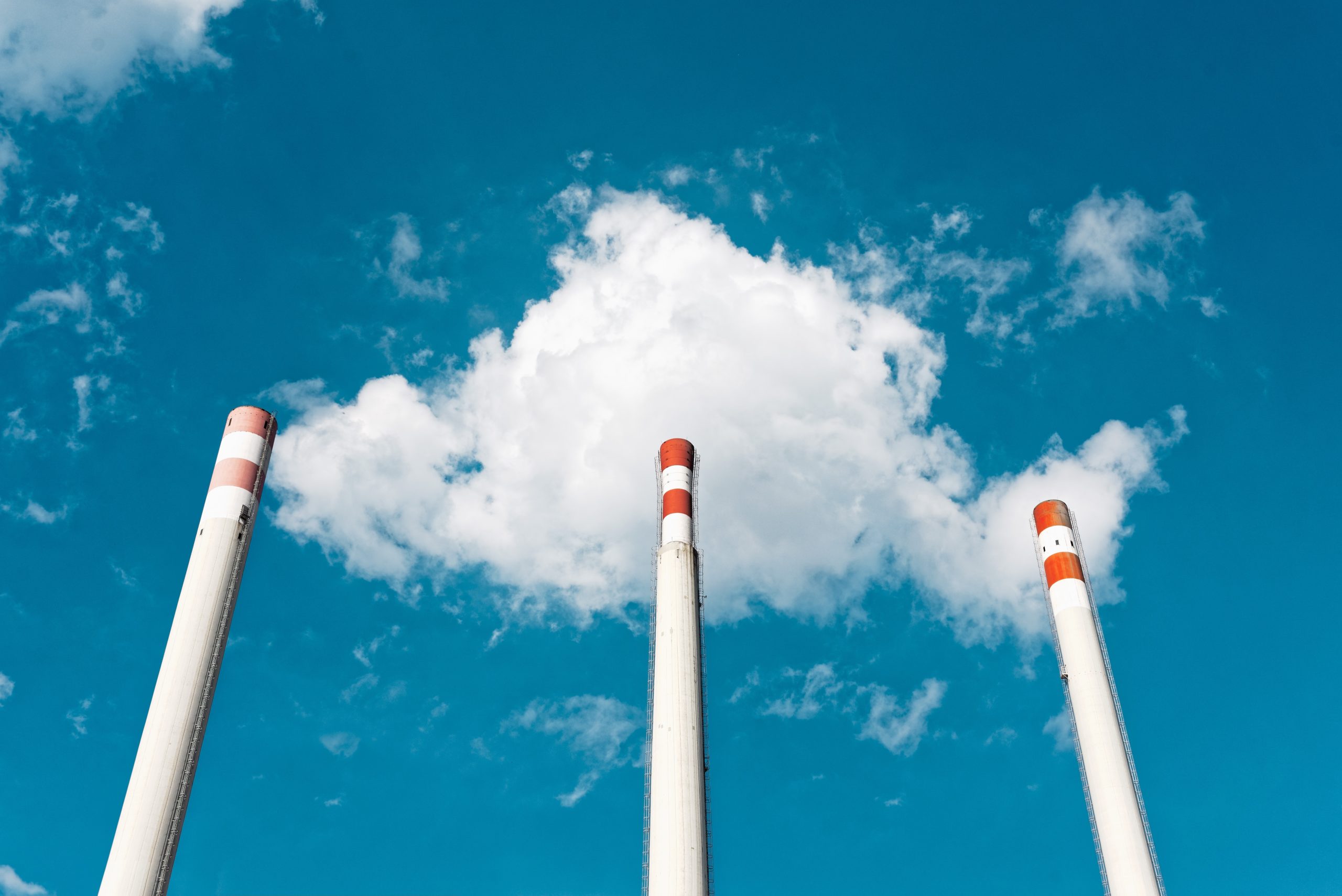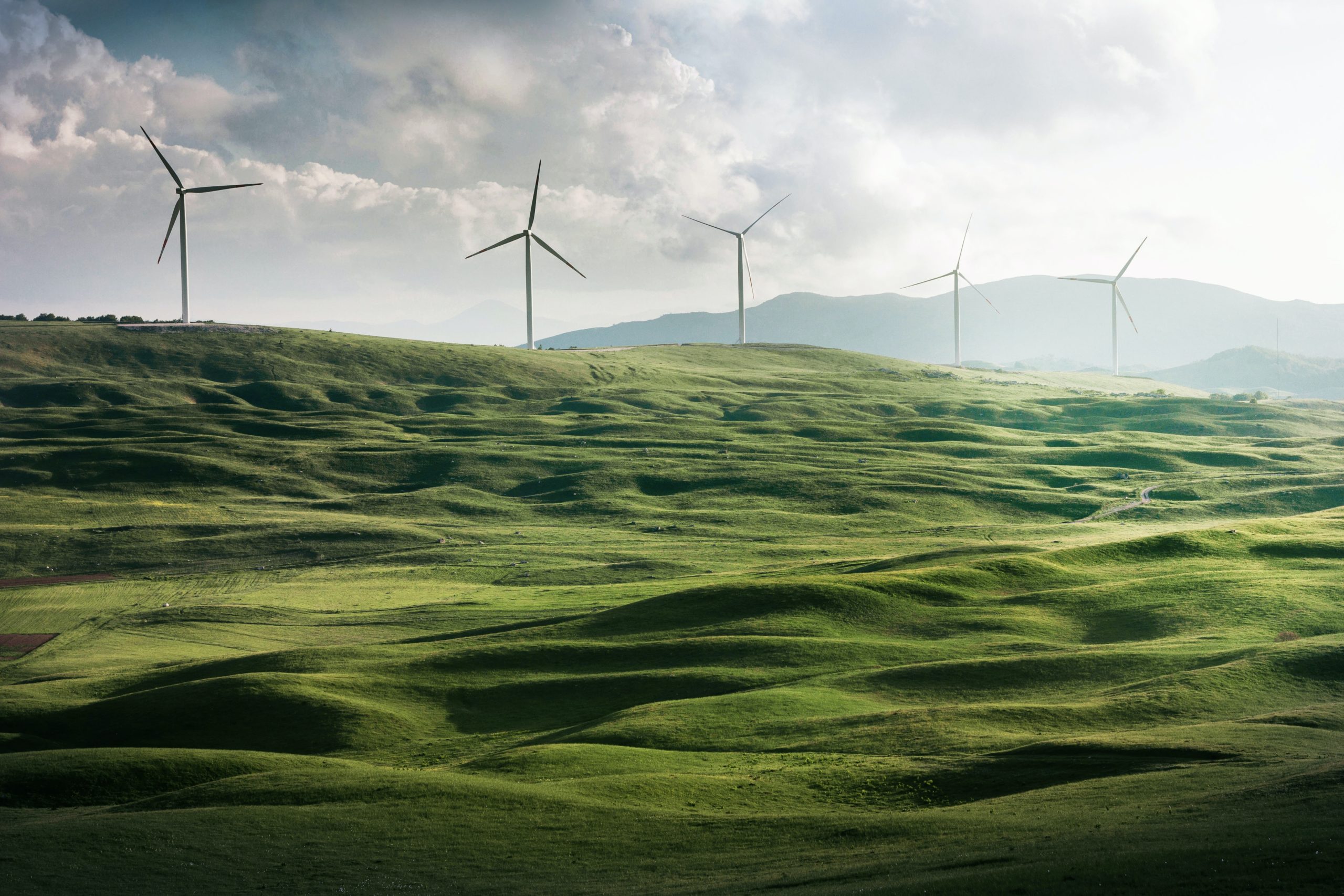Industries
Power
Power
We have a wide experience in power station projects, where we offer highly engineered fluid handling solutions for the most demanding applications.
A Power station is an industrial facility for the generation of electric power. Most of them contain one or more generators and a rotating machine that converts the rotation movement into electric power. Most power stations in the world burn fossil fuels such as coal, oil, and natural gas to generate electricity, some others also use nuclear power. In thermal power stations, mechanical power is produced by a heat engine that transforms thermal energy, often from combustion of a fuel, into rotational energy. Most thermal power stations produce steam, so they are sometimes called steam power stations. Not all thermal energy can be transformed into mechanical power, but there is always heat lost to the environment. If this loss is employed as useful heat, for industrial processes or district heating, the power plant is referred to as a cogeneration power plant.
Power
The types of power station would be:
Power

Thermal
- Fossil-fuel power stations may burn gas, coal or oil for the turbines or boilers.
- Nuclear power plants use the heat from a nuclear reactor, which is transferred to steam which then operates a steam turbine and generator.
- Geothermal power plants use steam extracted from hot underground rocks.
- Solar thermal electric plants use sunlight to boil water and produce steam which turns the generator.

Renewable
- Wind turbines get their energy from wind, which upon contact slows down and transfers kinetic energy to the turbine.
- Hydroelectric facilities use energy from falling water in rivers and reservoirs to spin a generator and create electricity.
- Solar panels use photovoltaic cells to create electricity. The incoming photons from the Sun hit atoms inside the panel’s semiconductors, which causes electrons to flow.
